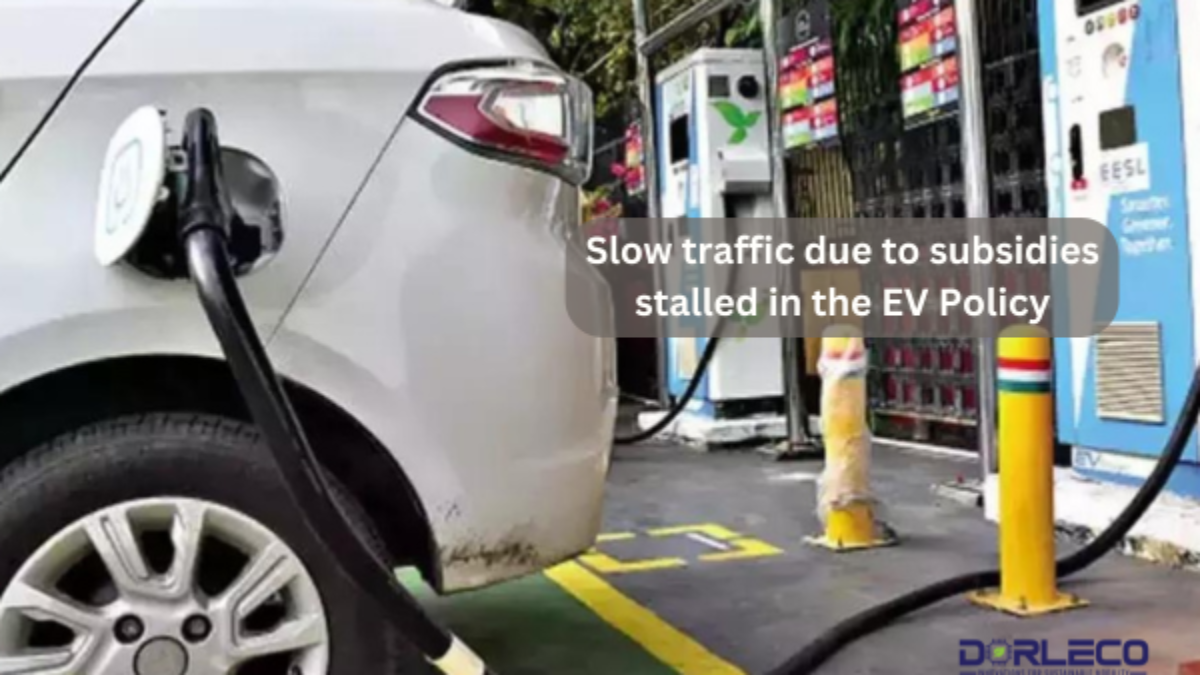The Delhi government decided to prolong the Delhi Electric Vehicle EV Policy until December 31, 2023, or until a new one was finalized, after the previous one expired on August 8, 2023. According to a senior official, this meant that the next extension had to be paid by January of this year for benefits to continue.
New Delhi: People have been without the benefits of the electric vehicle subsidies for more than two months because the policy that expired last year has not been renewed.
The Delhi government decided to prolong the Delhi Electric Vehicle EV Policy until December 31, 2023, or until a new one was finalized, as the previous EV policy ended on August 8, 2023.
According to a senior official, this meant that the next extension had to be paid by January of this year for benefits to continue.
Kailash Gahlot, the transport minister, stated: “We are working on it and will be done soon.”
Department sources claimed that a bureaucratic hold-up was the reason for the disruption. Senior government representative in Delhi declared, “We are taking it to the cabinet for an extension.”
Under the EV policy, two-wheelers are eligible for a subsidy of INR 5,000 per kWh of battery capacity (up to a maximum of INR 30,000). Three-wheelers receive a subsidy of INR 30,000 for each car, regardless of the battery capacity and overall cost. The four-wheeler incentive is no longer available because it was limited to the first 1,000 EVs registered under the program.
Another official stated that since three months have already gone while the new policy’s implementation was being worked on, the government would probably provide a six-month extension in the next policy.
“The subsidy is a very important part of promoting EVs as their upfront cost is higher than diesel and petrol vehicles,” stated Anil Chhikara, a transportation specialist and faculty member at the Asian Institute of Transport Development.
Additionally, he emphasized the necessity of introducing a completely new policy.
“The EV policy needs to be updated periodically, taking into account the evolving ground situation.”
After the policy expires in August 2023, the government intends to introduce EV policy 2.0 in October. To this end, stakeholder discussions were held. The majority of ideas made throughout the process of crafting a revised policy included raising incentives, providing parking incentives for those who wanted to purchase EVs, simplifying financing alternatives, and offering an interest-rate refund to those who did so.
Nevertheless, the policy remained in place following the department’s fellows, consultants, and advisors’ cessation of employment.
Gahlot had previously stated that the fellows, advisors, and consultants possessed technical know-how and were attempting to formulate several policies.
The Delhi Assembly secretariat had issued directives for the DARC program’s disengagement of 116 fellows last year. This happened when the services department, according to officials, ordered the advisors, consultants, and fellows to be terminated in July 2023, following the LG’s instructions.
It was claimed that reservation guidelines were broken and appointments were created without the LG’s consent.
In the nation’s capital, the switch to electric vehicles (EVs) comes after compressed natural gas (CNG).
In 2023, Delhi recorded 73,647 electric vehicles powered by batteries. 14,384 EVs have been bought so far this year.

